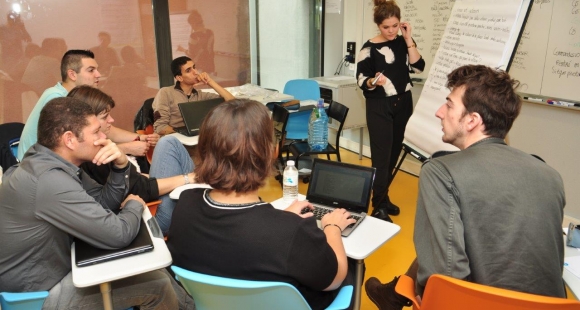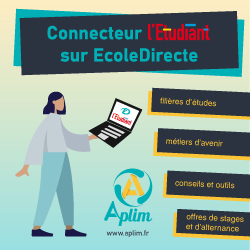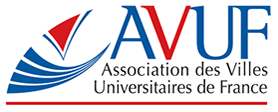
How can students share skills and knowledge while working on teams and having fun? The recent University of Reims Champagne-Ardenne (URCA) hackathon on cyber security and devices offers one answer. "Hackathons have taken off in higher education, as have other collaborative teaching methods borrowed from businesses that weren't taken too seriously before," says Jean-Charles Cailliez, Lille Catholic University vice president in charge of innovation.
Hack Appeal
Hackathons were invented as programming competitions for developers. Cailliez explains, "They have moved beyond digital and other fields have adopted them. That's what hacking is: breaking rules to transform them." The events help schools with both teaching and marketing. Cailliez notes, "They're a way to recruit students using a trendy tool."
Hack History
In 2000, before the term "hackathon" existed, the University of Lorraine industrial engineering school ENSGSI launched a 48-hour competition. Now the event rallies 1,500 students to crack the code of corporate innovation. For Amélie Varnier, ENSGSI director of business relations, students "discover their ability to innovate and learn new techniques and tools that will serve them their entire lives."
Hack Together
The Web School Factory's hackathons are Weekend Challenge events. For director Anne Lalou, the school's approach is "founded on multidisciplinarity, working together and project-based learning." The most recent edition partnered with the senior services group Korian, STRATE School of Design and the Paris School of Business to tackle the role of digital in customer relations.
Hack Business
Companies often play a big role. Paris Sciences et Lettres (PSL) recently hosted a hackathon with energy group EDF on transforming energy consumption in the digital era. EDF chose four themes, including smart lighting and electric vehicles. For EDF Commerce chief digital officer François Gonczi, "These are emerging topics that our teams are beginning to investigate. We wanted to compare our thinking with that of schools and students."
Cailliez observes, "For our corporate partners, it's a chance to discover promising talents." However, Gonczi is quick to note, "Recruiting is not EDF's main motivation. That said, if we encounter talented people and great startup ideas, we will certainly be interested."






